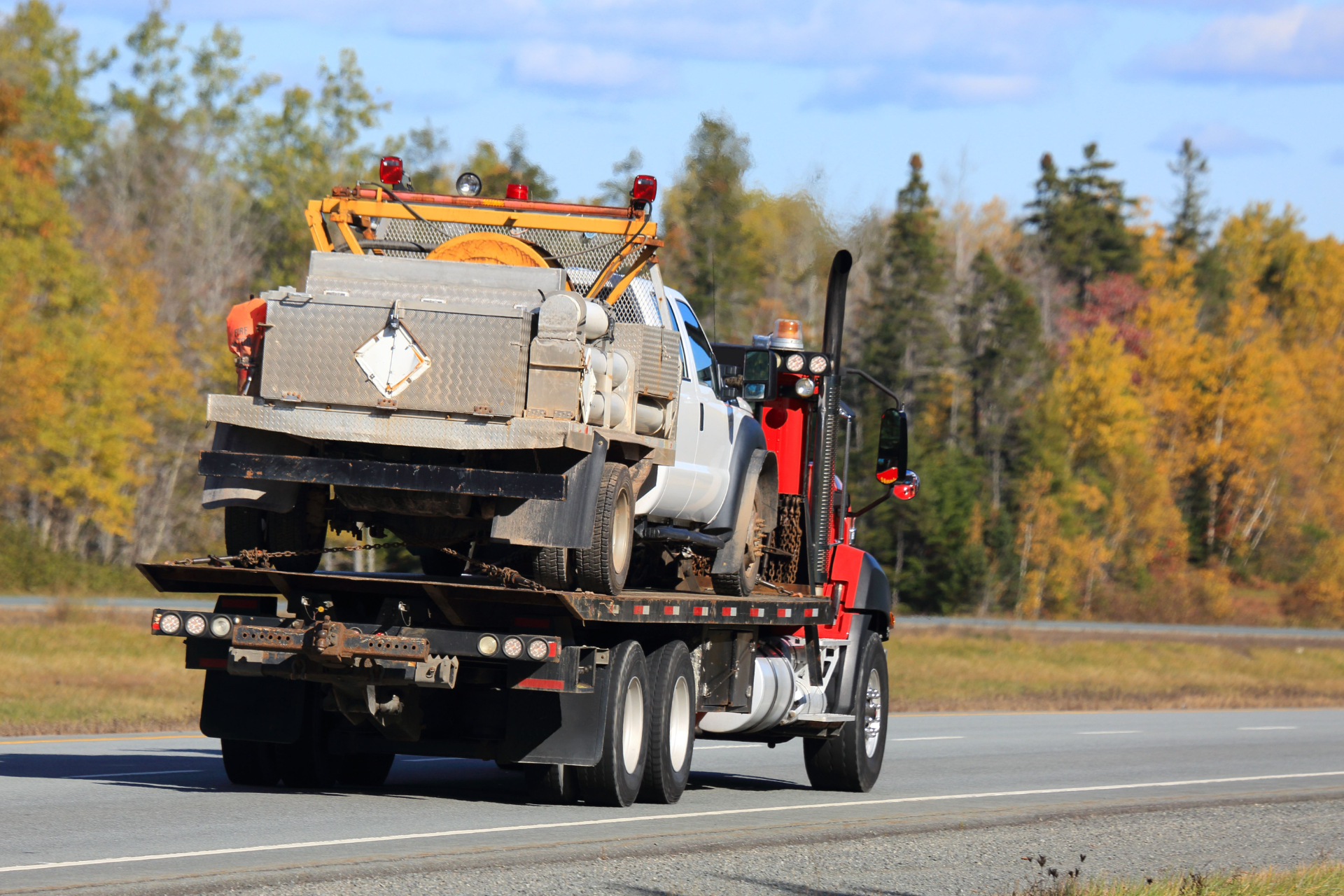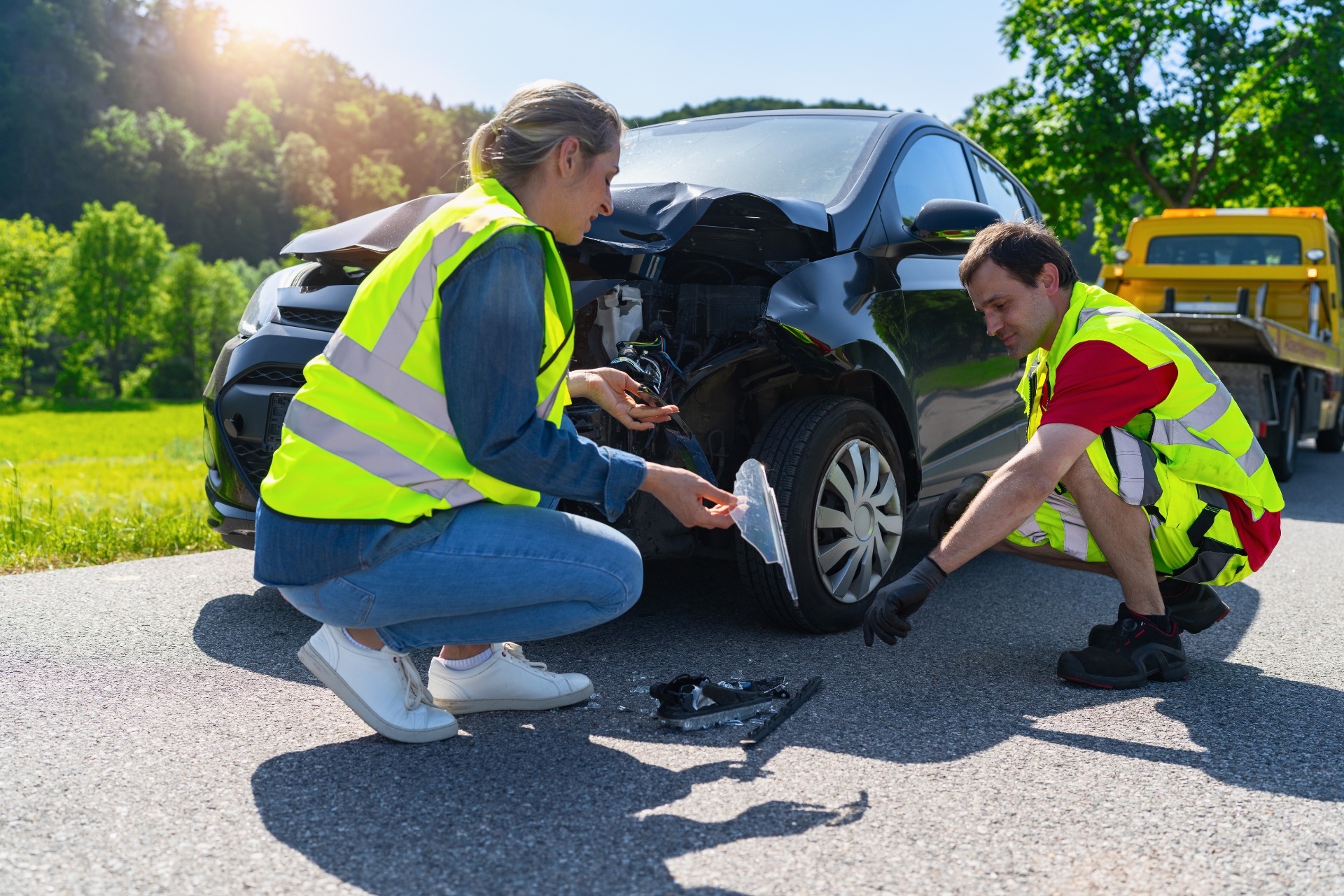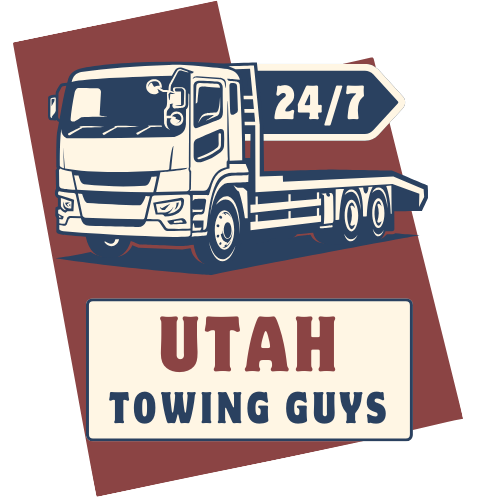How to Avoid Overloading Your Vehicle and Its Impact on Towing

At Utah Towing Guys, we understand that your vehicle is more than just a mode of transportation; it’s often a trusted partner in your daily life. Whether you're heading out on a family trip, moving furniture, or simply running errands, it's easy to underestimate just how much weight your vehicle can safely handle. Overloading your vehicle can have serious consequences, especially when it comes to towing. Let’s dive into how you can avoid this pitfall and ensure your ride—and any towing you might need—is safe and efficient.
Understanding Your Vehicle's Limitations
Every vehicle has a specified towing capacity, which includes the weight of the trailer and everything it carries. This information can typically be found in your owner’s manual or on a sticker inside the driver’s door. Exceeding this capacity can lead to a myriad of problems, from decreased handling to excess wear on your vehicle’s suspension and braking system.
Additionally, keep in mind that the maximum towing capacity is not just about the vehicle's power. Your load includes the weight of your cargo, passengers, and any gear you may have. It’s crucial to factor all these elements together.
Common Signs of Overloading
So how can you tell if you're approaching or exceeding your vehicle's limits? Here are a few signs to watch for:
1. Reduced Performance
If you notice a struggle when accelerating, or if your vehicle takes longer to stop, it could be overloaded.
2. Suspension Sagging
A vehicle that sits lower in the back than the front is a clear indicator that you may be carrying too much weight.
3. Poor Fuel Economy
If your gas mileage has significantly worsened, the excess weight might be to blame.
4. Tire Pressure Issues
Overloading can lead to tire blowouts, especially if the tires are not properly inflated. Always check your tire pressure and load ratings before hitting the road.
Towing and Its Impacts
When it comes to towing, overloading your vehicle can be perilous. Not only does it affect your vehicle’s braking and handling, but it also increases the risk of trailer sway, which can make for a dangerous driving experience. Additionally, towing an overloaded trailer can lead to mechanical failures, which might leave you stranded on the roadside—a situation we at Utah Towing Guys strive to prevent!
Tips to Avoid Overloading
- Know Your Limits
Familiarize yourself with your vehicle's specifications and stay well within those limits.
- Distribute Weight Evenly
If you’re towing, make sure the weight is balanced. The load should be evenly distributed and secured to prevent shifting while driving.
- Use Proper Equipment
Invest in the right towing gear, including brakes, hitches, and safety chains that match your vehicle and trailer size.
- Weigh Your Load
If you're unsure about how much weight you're carrying, consider stopping at a weight station. It’s a simple way to ensure you’re within safety limits.
Conclusion
Avoiding vehicle overload is crucial not only for your safety but also for the longevity of your vehicle and its towing capabilities. If you ever find yourself in need of towing services or roadside assistance due to an overload mishap, remember that Utah Towing Guys is always just a phone call away. We specialize in providing quick and reliable roadside help so you can get back on the road safely. Stay safe, stay informed, and enjoy your travels!




